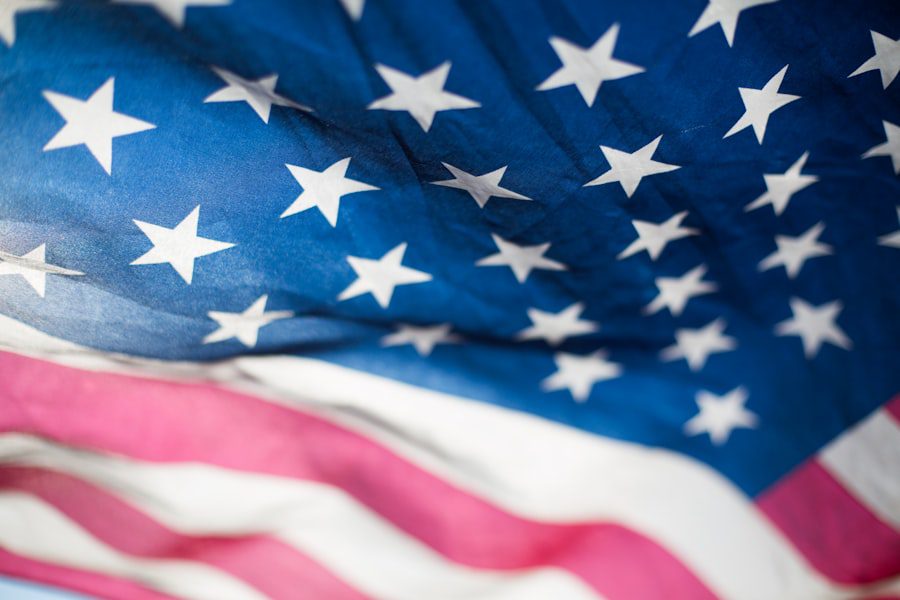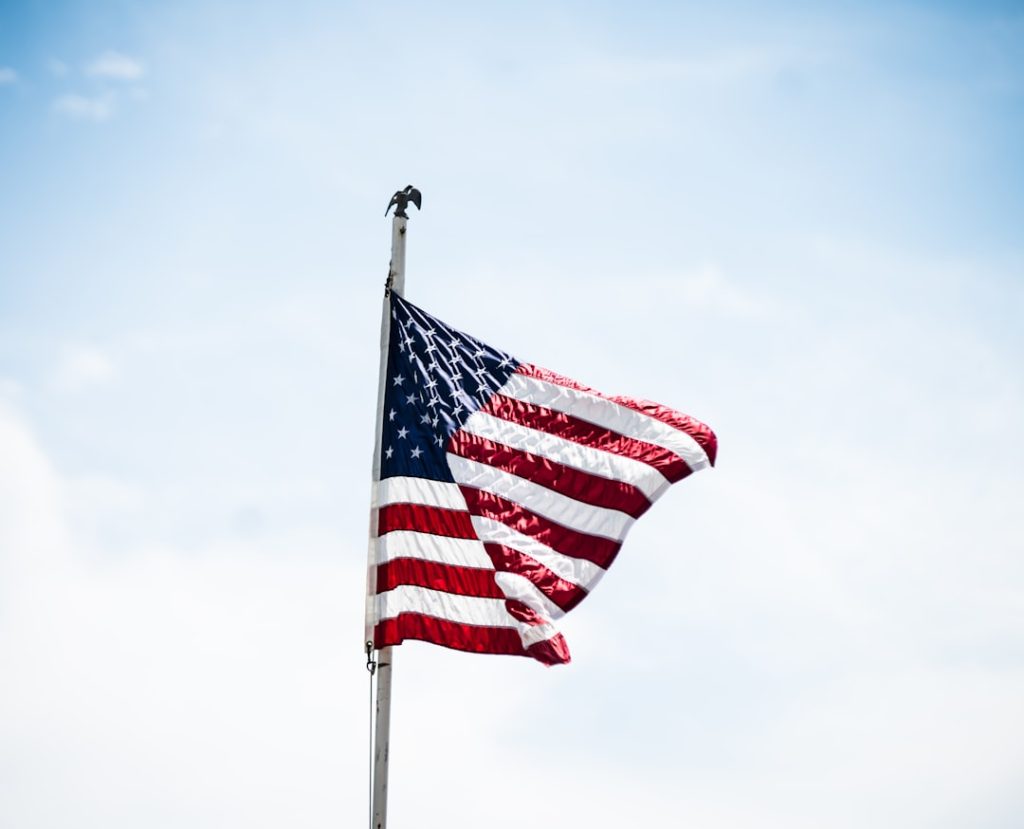The history of early America is a tapestry woven from the threads of diverse cultures, ideologies, and experiences. The period preceding the establishment of the United States as an independent nation was marked by a confluence of indigenous traditions, European colonization, and the burgeoning aspirations of settlers seeking new opportunities. This era, spanning from the arrival of the first European explorers in the late 15th century to the American Revolution in the late 18th century, laid the groundwork for a nation that would eventually emerge as a global power.
The complexities of this formative period are essential to understanding the multifaceted identity of modern America. In this early landscape, various groups coexisted, often in tension with one another. Indigenous peoples had inhabited the continent for thousands of years, developing rich cultures and societies that were deeply connected to the land.
Meanwhile, European powers such as Spain, France, and England sought to expand their empires by claiming territories in the New World. The interactions between these groups were characterized by both cooperation and conflict, shaping the social, political, and economic dynamics that would define early American life. The legacy of these interactions continues to resonate in contemporary discussions about identity, culture, and governance.
Key Takeaways
- Early America was characterized by a diverse cultural and religious landscape, influenced by European colonialism and the presence of indigenous peoples.
- The frontier mentality had a significant impact on shaping the early American identity, fostering a sense of independence and self-reliance.
- Indigenous peoples played a crucial role in early America, contributing to the cultural, economic, and political development of the region.
- European colonialism left a lasting imprint on early America, shaping its economic, social, and political structures.
- The development of democratic ideals and economic exceptionalism laid the foundation for modern America, influencing its legacy and impact on the world.
Unique Cultural and Religious Diversity
The Puritan Influence
The Puritans who settled in New England sought to create a “city upon a hill,” a model society based on their strict religious principles. Their emphasis on community and moral rectitude had a profound impact on the social fabric of the region, fostering a culture that valued education and civic responsibility.
A Cultural Mosaic
In contrast, the Quakers in Pennsylvania promoted religious tolerance and pacifism, creating a haven for various religious groups fleeing persecution. The arrival of enslaved Africans further enriched this cultural mosaic, as they brought their own traditions, languages, and spiritual practices. This blending of African, European, and indigenous cultures gave rise to unique forms of music, art, and cuisine that would shape American identity.
A Legacy of Diversity
The interplay of cultures not only fostered innovation but also laid the groundwork for a society that would increasingly value pluralism and diversity. For example, the rhythms and melodies of African music influenced the development of genres such as jazz and blues, while indigenous agricultural practices contributed to the cultivation of crops like corn and beans. This cultural diversity would continue to shape American society, making it a nation of diverse people and traditions.
The Impact of Frontier Mentality

The frontier mentality played a pivotal role in shaping early American identity and values. As settlers pushed westward in search of land and opportunity, they embraced a spirit of individualism and self-reliance that became synonymous with the American character. This drive to explore and conquer new territories was fueled by a belief in Manifest Destiny—the idea that Americans were destined to expand across the continent.
This ideology not only justified westward expansion but also fostered a sense of national purpose and identity. However, this relentless pursuit of expansion came at a significant cost. The encroachment of settlers onto indigenous lands led to violent conflicts and displacement of native populations.
The notion of progress was often intertwined with destruction, as settlers viewed the wilderness as something to be tamed rather than respected. The legacy of this frontier mentality is complex; while it contributed to the development of a distinct American ethos centered on freedom and opportunity, it also perpetuated cycles of violence and dispossession that continue to impact indigenous communities today.
The Role of Indigenous Peoples
Indigenous peoples were not merely passive observers in the unfolding drama of early American history; they were active participants with their own rich histories and cultures. Prior to European contact, diverse tribes inhabited North America, each with its own social structures, languages, and spiritual beliefs. The arrival of Europeans disrupted these societies in profound ways, leading to both conflict and cooperation.
Some tribes formed alliances with European powers to resist encroachment from rival tribes or settlers, while others engaged in trade that introduced new goods and technologies. The impact of European colonization on indigenous peoples was devastating. Diseases brought by Europeans decimated populations that had no immunity to such illnesses, leading to significant demographic shifts.
Additionally, land dispossession through treaties—often made under duress or without genuine consent—further eroded indigenous sovereignty. Despite these challenges, many tribes adapted by incorporating European goods into their economies or negotiating new forms of coexistence. The resilience and agency displayed by indigenous peoples during this tumultuous period are crucial elements in understanding early American history.
The Influence of European Colonialism
European colonialism profoundly shaped the political landscape of early America. The competition among European powers for dominance in North America led to a patchwork of colonies with distinct governance structures and economic systems. The Spanish established missions in the Southwest, while the French focused on fur trading in Canada and along the Mississippi River.
The English colonies along the Atlantic coast developed a diverse economy based on agriculture, trade, and slavery. Each colonial power brought its own legal frameworks, cultural practices, and religious beliefs that influenced local governance and societal norms. The legacy of colonialism is evident in the political institutions that emerged during this period.
Many colonies adopted representative assemblies that allowed for some degree of self-governance, laying the groundwork for democratic principles that would later be enshrined in the U.S. Constitution. However, colonial rule also fostered tensions between settlers and their European overlords.
As colonists began to assert their rights against perceived injustices—such as taxation without representation—they laid the foundation for revolutionary sentiments that would culminate in the American Revolution.
The Development of Democratic Ideals

Early Influences on American Democracy
The establishment of colonial assemblies provided a platform for political discourse and participation, allowing colonists to voice their grievances against British rule. This marked the beginning of a long journey towards self-governance and the development of a unique American identity.
The culmination of these democratic aspirations became evident during the American Revolution when colonists united against British oppression.
The American Revolution and Its Impact
The Declaration of Independence articulated a vision of government based on consent of the governed—a radical departure from monarchical rule. This document not only asserted the colonies’ right to self-determination but also enshrined principles such as equality and unalienable rights into the national consciousness.
The subsequent formation of a constitutional government reflected these ideals, establishing a framework for democracy that would evolve over time but remain rooted in those early revolutionary principles.
Establishing a Constitutional Government
This framework has continued to shape American politics, with the principles of democracy and individual rights remaining at its core.
Legacy of American Democracy
The legacy of American democracy serves as a testament to the power of revolutionary ideas and the importance of protecting individual rights and liberties.
Economic Exceptionalism and Entrepreneurship
Early America was characterized by a spirit of economic exceptionalism that fostered entrepreneurship and innovation. The vast natural resources available in North America provided settlers with opportunities for agriculture, trade, and industry. The cultivation of cash crops such as tobacco and cotton became central to colonial economies, particularly in the Southern colonies where plantation systems emerged.
This agricultural wealth attracted investment and labor—both free and enslaved—creating a complex economic landscape. The entrepreneurial spirit was not limited to agriculture; it extended into various sectors including manufacturing, trade, and transportation. As cities like Philadelphia and New York grew into bustling commercial hubs, merchants capitalized on transatlantic trade routes that connected Europe with the Americas.
Innovations such as steamboats and railroads revolutionized transportation, facilitating commerce and westward expansion. This economic dynamism laid the foundation for what would become a capitalist economy characterized by competition, innovation, and an ever-expanding market.
Legacy and Impact on Modern America
The legacy of early America is woven into the very fabric of contemporary society. The cultural diversity established during this period continues to shape American identity today; it is reflected in everything from cuisine to music to religious practices. The ideals of democracy that emerged from revolutionary fervor have evolved but remain central to American political discourse, influencing movements for civil rights and social justice throughout history.
Moreover, the economic principles rooted in early American entrepreneurship have contributed to a culture that celebrates innovation and individualism. The spirit of exploration that characterized westward expansion has transformed into a modern ethos that values technological advancement and global engagement. However, this legacy is not without its contradictions; issues stemming from colonialism, such as systemic inequality and environmental degradation, continue to challenge contemporary society.
In sum, early America was a crucible where diverse cultures collided, democratic ideals took root, and economic ambitions flourished—all against a backdrop of conflict and cooperation among various groups. Understanding this complex history is essential for grappling with the ongoing challenges faced by modern America as it seeks to reconcile its past with its aspirations for an inclusive future.


